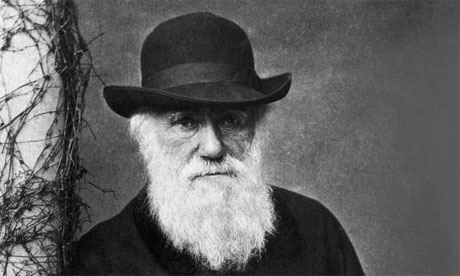
[Someone’s avatar.]

[Someone’s avatar.]

Richard Dawkins summarizes Darwin’s big idea in one sentence: “Given sufficient time, the non-random survival of hereditary entities (which occasionally miscopy) will generate complexity, diversity, beauty, and an illusion of design so persuasive that it is almost impossible to distinguish from deliberate intelligent design.”
Dawkins remarks on the amazing explanatory power of the idea of natural selection. I find reflections of that sort of explanatory power in Adam Smith’s idea that markets work and lead to social welfare gains.
It is interesting that it takes many years of internalizing of a big idea before one can fully comprehend it. It is only after it has been comprehended that one can then express it succinctly and accurately. And to understand why some others find it hard to comprehend certain ideas. Dawkins writes:
It is mainly its power to simulate the illusion of design that makes Darwin’s big idea seem threatening to a certain kind of mind. The same power constitutes the most formidable barrier to understanding it. People are naturally incredulous that anything so simple could explain so much. To a naive observer of the wondrous complexity of life, it just must have been intelligently designed.
I have worked out a model why we find it hard to comprehend — internalize — certain ideas. I will go into it one of these days. For now I would like to note that Charles Darwin (1809 – 1882) was influenced by the ideas of a fellow Englishman, the great economist Thomas Malthus (1766 – 1834).
Great ideas are the greatest achievements of humans. What is worth pondering is why these ideas arise among certain people and not among others. Are there any regularities that characterize the populations within which great ideas arise? In 1776, Adam Smith (1723 – 1790) published his An Inquiry into the Nature and Causes of the Wealth of Nations. In the same year, the founding document of the United States of America, the Declaration of Independence, was written (principally) by Thomas Jefferson (1743 – 1826). And again it was in 1776 that Thomas Paine (1737 – 1809), “The Father of the American Revolution,” published Common Sense.
Why?
[Link: Richard Dawkins on “Why Darwin Matters.”]